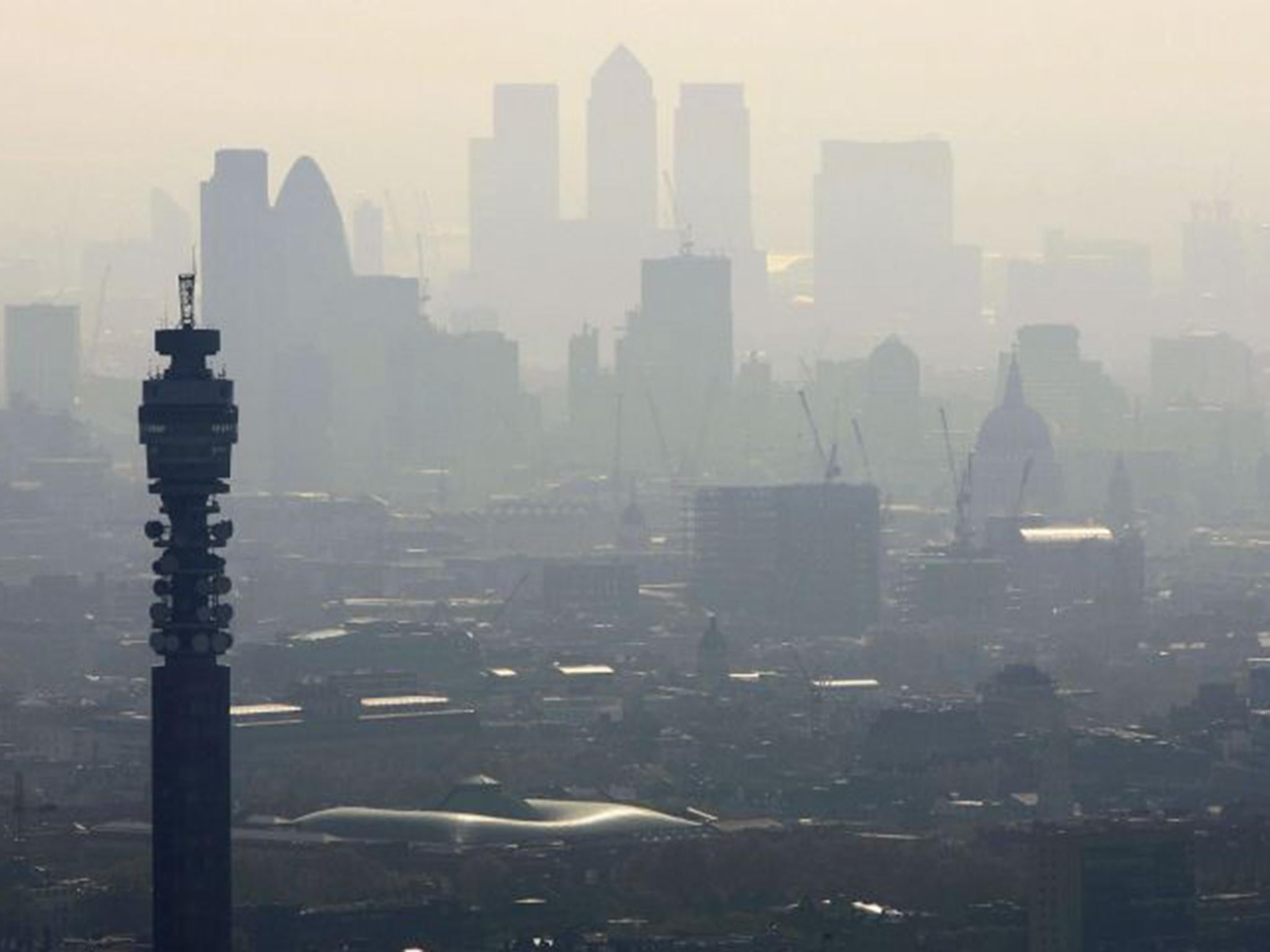Speed bumps could disappear from UK roads as part of new Government plan to tackle air pollution
'The government has to meet legal limits of air pollution in the shortest time possible,' Anna Heslop, a lawyer for Client Earth, tells The Independent:

Your support helps us to tell the story
From reproductive rights to climate change to Big Tech, The Independent is on the ground when the story is developing. Whether it's investigating the financials of Elon Musk's pro-Trump PAC or producing our latest documentary, 'The A Word', which shines a light on the American women fighting for reproductive rights, we know how important it is to parse out the facts from the messaging.
At such a critical moment in US history, we need reporters on the ground. Your donation allows us to keep sending journalists to speak to both sides of the story.
The Independent is trusted by Americans across the entire political spectrum. And unlike many other quality news outlets, we choose not to lock Americans out of our reporting and analysis with paywalls. We believe quality journalism should be available to everyone, paid for by those who can afford it.
Your support makes all the difference.Speed bumps could become a thing of the past on British roads as part of a Government plan to cut pollution.
Traffic-calming measures could be removed to prevent drivers from repeatedly slowing down and speeding up, which increases greenhouse gases emission levels.
It follows research from Imperial College London, which found that 98 per cent more nitrogen dioxide and 64 per cent more carbon dioxide is produced when driving over bumps as opposed to gentler road cushion, which have a shallower slope.
Prime Minister Theresa May promised new air pollution policies after the High Court ruled last November that the Government was not doing enough to bring the UK into compliance with EU laws on air quality.
Shortly after the ruling, Ms May told Parliament: “Nobody in this House doubts the importance of the issue of air quality. We have taken action, but there is more to do and we will do it.”
The Department for the Environment, Food and Rural Affairs (Defra) and the Department for Transport must now present a joint new plan to the court on April 24.
As well as the removal of speed bumps, the proposals are thought to include better sequencing of traffic lights to ensure that drivers will keep arriving at green lights if they drive within the speed limit.
The High Court ruling followed a 2015, Supreme Court judgement which found that the Government was not doing enough to reduce pollution levels to legal limits. But the air quality plan drawn up by ministers then was ruled illegal in the court.
Mr Justice Garnham found that the Government relied on “optimistic” vehicle emissions tests and ignored “higher, more realistic” figures in order to delay action.
ClientEarth, which took the Government to court over the issue, warned there was “an urgent public health” crisis and that the Prime Minister “must take personal control”.
Anna Heslop, a lawyer for the legal group told The Independent: “The government has to meet legal limits of air pollution in the shortest time possible, as a result of ClientEarth’s High Court victory at the end of last year.
"As a minimum they must tackle pollution from the dirtiest diesel vehicles with a national network of clean air zones. We will be examining the plans carefully and making sure they are designed to bring air pollution down and protect people’s health across the UK.”
Whitehall sources told The Telegraph that discussions are also taking place over a scrappage scheme for old diesel vehicles but that this is unlikely to be addressed before the Autumn statement.
It follows outrage from drivers after reports that the Government is considering a £20 a day “toxin tax” on old diesel vehicles driving into urban areas.
Campaigns director for road safety charity Brake, Gary Rae, said: “Air pollution in the UK has become a major public health emergency. It contributes to 40,000 deaths each year, with vehicle pollution being a significant factor.
"The government has been dragging its heels on this issue. It needs to take swift, radical action to reduce vehicular emissions. We’re calling on the government to introduce a diesel scrappage scheme for older vehicles, and remove the tax incentive to buy diesel cars. We would also encourage investment in sustainable transport, and to fund dedicated cycling and walking infrastructure."
Join our commenting forum
Join thought-provoking conversations, follow other Independent readers and see their replies
Comments